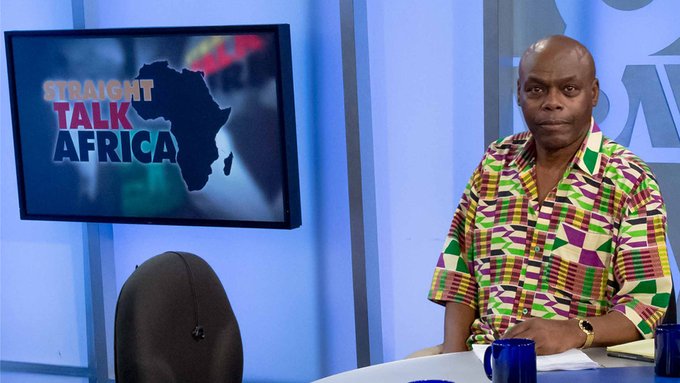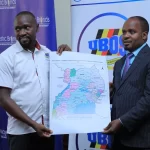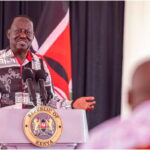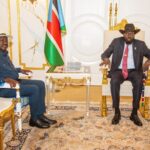He was only two weeks shy of his 72nd birthday, according to a statement by the American broadcaster. For over two decades, Shaka Ssali was a towering figure in African journalism renowned for fostering meaningful conversations on democracy, governance, and development. His voice transcended borders, earning him admiration from African leaders, scholars, and everyday citizens who looked to him as a beacon of truth and insight.
From Kabale to the World Stage
Born in the small town of Kabale, Uganda, Ssali’s journey from a modest upbringing to an internationally respected broadcaster is nothing short of extraordinary. His early years were spent at Kikungiri Primary School and Kigezi High School, where his intellectual curiosity first took root. Yet, his academic path was not without obstacles. In the 1960s, he dropped out of secondary school a detour that would eventually lead to a remarkable and unexpected career trajectory.
In his signature warm and reflective style, Ssali often shared stories from his past, including his time as a paratrooper in the Uganda Army. This chapter of his life came to an abrupt halt in 1976 when, disillusioned by Idi Amin’s brutal regime, he fled to the United States in search of safety and opportunity. It was there that he reignited his academic pursuits, earning a bachelor’s, master’s, and eventually a PhD in Cross-Cultural Communications from the University of California, Los Angeles (UCLA).
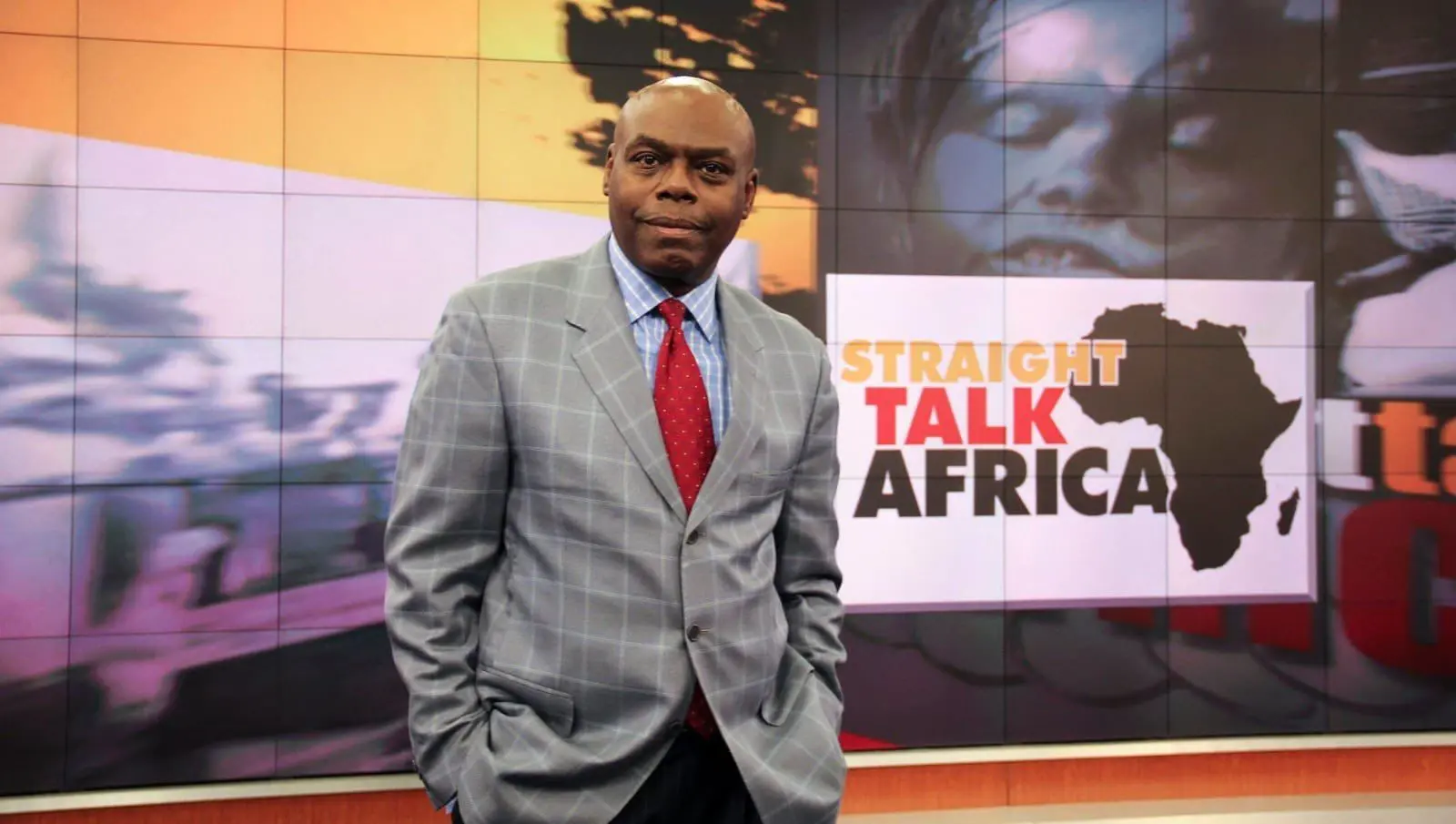
A Voice for Africa on the Global Stage
His broadcasting career began humbly at Voice of America (VOA), where he co-hosted Africa World Tonight. But it was in 2000, when he became the host of Straight Talk Africa, that Ssali’s voice became a fixture in homes across the continent. The show was more than just a current affairs program it was a platform where African leaders were held accountable, where ordinary citizens could ask questions, and where the complexities of African governance were unpacked with clarity and fairness.
Each episode began with his famous introduction: “I’m profoundly honored and exceedingly humbled.” These words, delivered with a calm and authoritative tone, embodied his deep sense of duty and gratitude. Through the years, he interviewed a wide array of figures presidents, opposition leaders, academics, and activists—always seeking to illuminate the issues that mattered most to Africans.
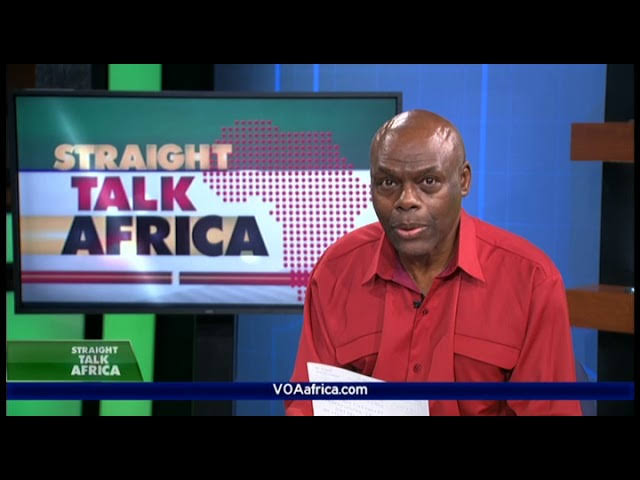
Championing the Next Generation
Beyond the airwaves, Ssali’s influence extended to mentoring young journalists. His commitment to nurturing the next generation of African media professionals left an indelible mark on those who followed in his footsteps. His kindness and humility were well-known; whether speaking to world leaders or to a market vendor in Dar es Salaam, his warmth never wavered. In one memorable moment, a Tanzanian man was so overcome with joy upon meeting Ssali that he described it as a dream come true an interaction that reflected the profound connection Ssali had with his audience.

Recognition and Legacy
In September of last year, Ssali’s contributions to African journalism were formally recognized when he received the Lifetime Achievement Award from the Ugandan North American Association (UNAA). In his acceptance speech, he dedicated the award to the people of Kabale and all those who had supported him along his journey including his family, friends, and even his critics. Ever the optimist, he concluded with a phrase that had become his personal mantra: “Let’s keep the African hope alive.”
Despite his accolades, Ssali’s later years were marked by declining health. Rumors of his passing circulated on social media, only to be dispelled by the man himself. Yet, even as his physical strength waned, his voice remained a symbol of resilience and hope.

A Legacy That Lives On
Tributes have poured in from across the globe since his passing. Ugandan opposition leader Bobi Wine captured the collective sentiment of loss, writing, “A sad evening. May the soul of this giant, Shaka Ssali, rest in eternal peace.”
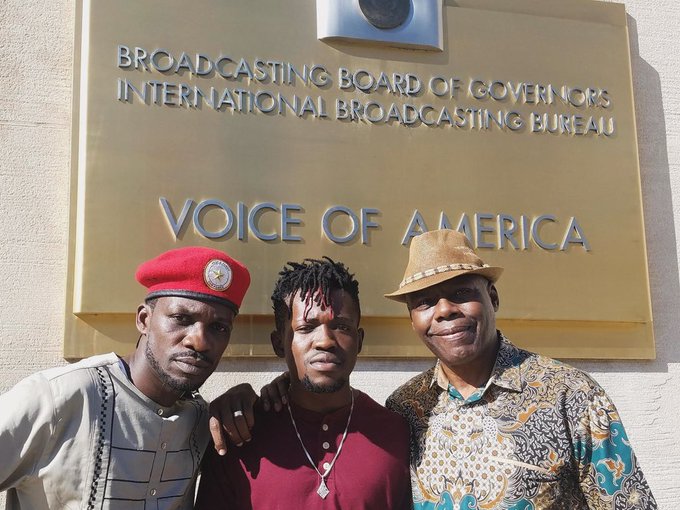
Shaka Ssali’s legacy is more than his celebrated career it is the generations of journalists he inspired, the audiences he empowered, and the belief that the African story is worth telling with integrity and dignity. From the rolling hills of Kabale to the studios of Washington, his journey was a testament to the power of perseverance and the enduring impact of a voice that truly belonged to the people.

